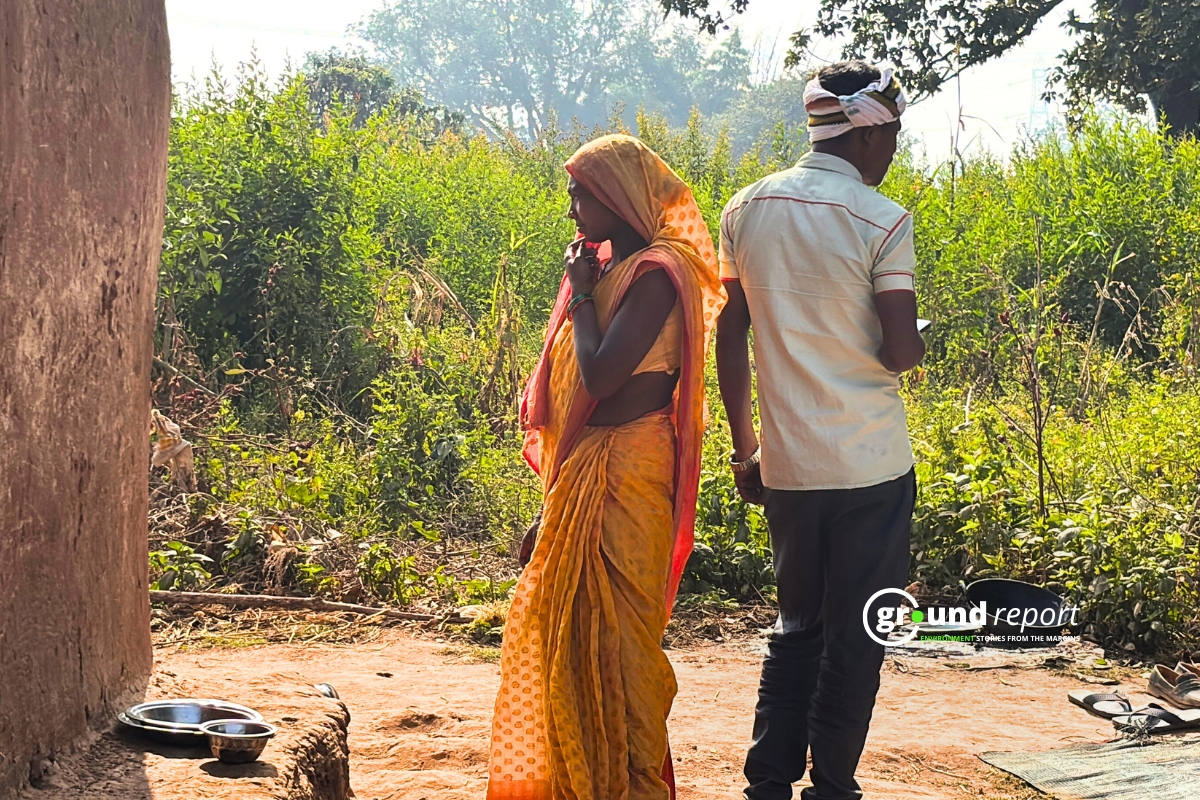Tropical nights have been recorded across England, as one city endured its hottest night since records began. A tropical night, when temperatures do not drop below 20C, occurred in three locations – two in Yorkshire and one in Nottinghamshire – on Monday night.
Sheffield experienced the UK’s highest minimum temperature of 20.5°C, the warmest night in the city’s history. There was also a tropical night in Sutton Bonington, Nottinghamshire, as it did not drop below 20.3°C.
Thermometers continued to rise in Western Europe on Monday, where heat records are expected in France and the United Kingdom, while firefighters continue their fight against the fires in Spain and Portugal.
The heat wave is the second recorded in less than a month in Europe, in the midst of the summer tourist campaign. For scientists, the multiplication of these phenomena is a direct consequence of climate change.
“Particularly intense heat is expected, not a typical summer heat wave,” François Gourand, meteorologist for Météo France, told AFP when western France is on “red alert.” Temperatures could be between 38 ° C and 40 ° C in much of the country and, according to this weather service, some areas of the southwest could experience “a heat apocalypse” with up to 44 ° C.
Another tropical night was recorded at Ryhill, near Wakefield, with temperatures not dipping below 20.1°C.
As a scorching heatwave engulfs Europe, the Met Office issued the first national red alert for heat on Friday ahead of potentially record temperatures on Monday and Tuesday, while the UK’s Health Security Agency warned that “sickness and death can occur among the fit” and healthy, not only in high-risk groups.”
It is not an empty threat. Excess death figures show that 1,634 people died due to heat last year, during what was a “fairly normal” summer in terms of temperature. In 2020, when the mercury reached 37.8 degrees Celsius, the death toll reached 2,556.
Experts say the current prolonged heat wave, especially “tropical nights” where temperatures stay above 20 degrees, could be even more deadly.
“The risk is much higher now, as this period where we’re going to have more than a week of 20-30 degree temperatures is exceptional,” said Bob Ward, director of policy and communications at the London School of Economics’ Grantham. Research Institute for Climate Change. “I am afraid that we will probably see a large number of deaths across Europe, and it could well approach what we saw in 2003.”
What are tropical nights?
Defined as 24-hour periods in which the temperature stays above 20°C, tropical nights used to occur infrequently in the UK but are becoming more frequent.
Over the next few days, early morning temperatures of 25°C are forecast in some places, meaning the threshold of a tropical night could be reached multiple times.
This is more likely to happen in cities thanks to something known as the “urban heat island effect,” which occurs because surfaces in the urban environment, such as buildings and roads, absorb, retain, and re-emit heat, rather than be reflected.
Why are tropical nights potentially dangerous?
We all know how frustrating it can be trying to sleep in really hot weather, but experts say this struggle could pose a health risk, especially among vulnerable people.
This is because night temperatures of over 20°C mean that the body has very little respite from the heat, making it work harder to stay cool and putting it under greater and prolonged stress.
It’s for this reason that many of us find the heat in the UK harsher than the heat abroad: on holiday, our rooms are likely to be air-conditioned, giving our bodies time to rest. and recover from the heat of the day.
Keep Reading
Part 1: Cloudburst in Ganderbal’s Padabal village & unfulfilled promises
India braces for intense 2024 monsoon amid recent deadly weather trends
Support us to keep independent environmental journalism alive in India.
Follow Ground Report on X, Instagram and Facebook for environmental and underreported stories from the margins. Give us feedback on our email id greport2018@gmail.com.
Don’t forget to Subscribe to our weekly newsletter, Join our community on WhatsApp, and Follow our YouTube Channel for video stories.










